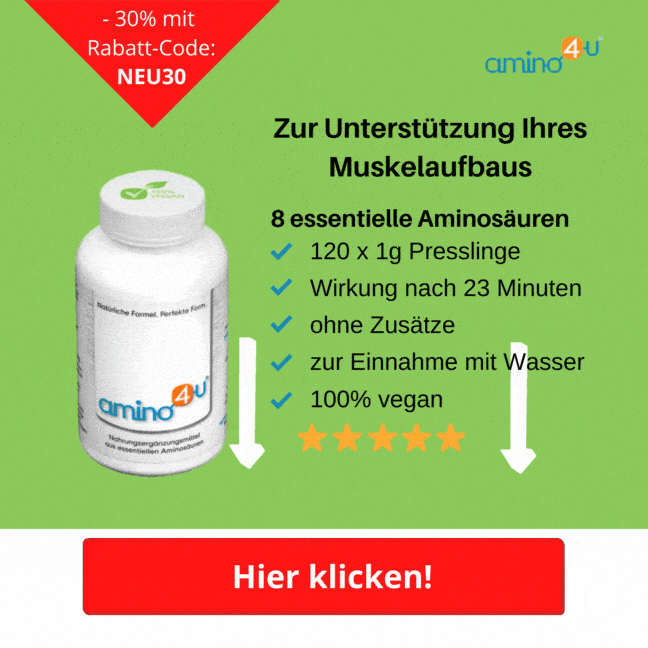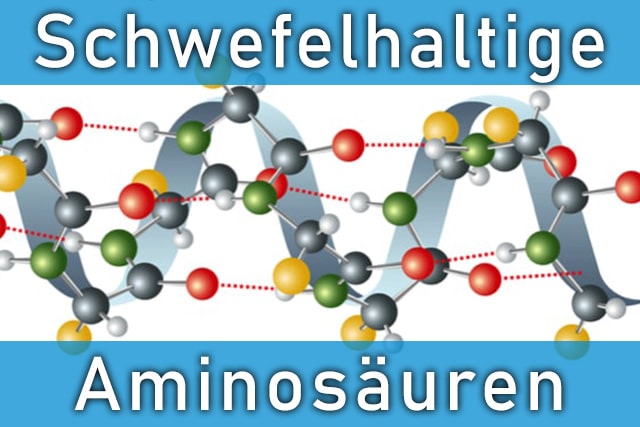Your training goal is to build muscle? Then you may be wondering how best to structure your diet. The classic recommendation is to eat both foods with a lot of protein and those with a lot of carbs plus protein. So how does low carb muscle building work?
In recent years, carbohydrates have had anything but a good reputation, which is why many nutrition-conscious people have eliminated bread, pasta and potatoes from their diet.
This reduction is said to help with rapid weight loss. But is low carb actually also suitable when it comes to gaining more muscle mass ? This post provides the answers.
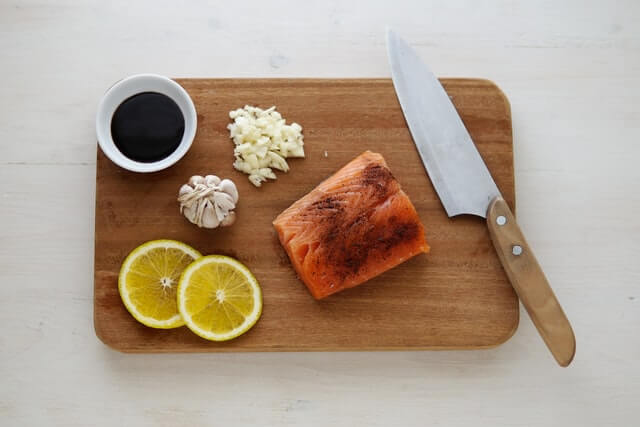
Carbohydrates and what they do in the body
As soon as you eat a plate of pasta or a chocolate bar, the pancreas is stimulated to produce the hormone insulin (source). The body then metabolizes the carbohydrates into simple sugar , called glucose.
The glucose molecules are transported in the blood and from there enter the cells. During this process, insulin acts like an accelerant and ensures that the cells open.
The sugar molecules are transported quickly and a well-filled glycogen store is created. One third of these glycogen stores are located in the liver, the rest in the muscles .
This is initially stimulated to grow because the cells are optimally supplied with nutrients. However, the body often reacts quickly after consuming carbohydrates with cravings .
If carbohydrates are eliminated from the diet or are drastically reduced, the body slows down insulin production and the cells absorb fewer sugar molecules. If there is no supply of sugar, the body has to resort to fat stores to get its energy.
This process automatically stimulates fat burning. Insulin release is not activated, cravings stay away and you feel fuller for longer.
Low carb muscle building: is it possible?
Carbohydrates are an issue in every diet, but especially for people who are intensively concerned with health and fitness .
Eating without carbohydrates has been trendy for several years when it comes to weight loss .
Maybe you have in mind that muscle production can only be achieved with carbohydrates, which is why a nutritional concept with few carbohydrates might put you off at first.
If you follow this diet, you can reduce the amount of carbohydrates to 30 to 130 grams per day. Depending on which form you choose.
In question:
-
Slow/Logi : The meals contain a certain proportion of carbohydrates, but these are selected so that the blood sugar level only rises slowly.
Be guided by the glycemic index . This tells you how quickly a food causes blood sugar levels to rise. For example, whole grain products, bulgur and lentils should be good.
-
Metabolic diet : Here the amount of carbohydrates consumed is specifically linked to daily activities and combined with intensive training.
-
Paleo : This form of nutrition attempts to build on the nutritional habits of the Stone Age and interpret them in a modern way. In addition to lots of meat and fish, the focus is on unprocessed foods.
- Ketogenic diet : The daily carbohydrate intake is drastically reduced and is 15 to 20 grams.
For comparison, the daily amount of carbohydrates for conventional muscle training is between 2 and 6 grams per kilogram of body weight. If you weigh 85 kilograms, that would be between 170 and 510 grams of carbohydrates per day.
For example, 100 grams of cooked spaghetti has 31 grams of carbohydrates. If you prefer the ketogenic diet , such a meal would hardly be possible.
Nevertheless, many people choose the ketogenic diet . If this is followed consistently, the body goes into a state of ketosis , which means it increasingly uses body fat for energy .
For many who want to lose weight, the ketogenic method is a way to specifically reduce weight. This is how low carb muscle building can work.
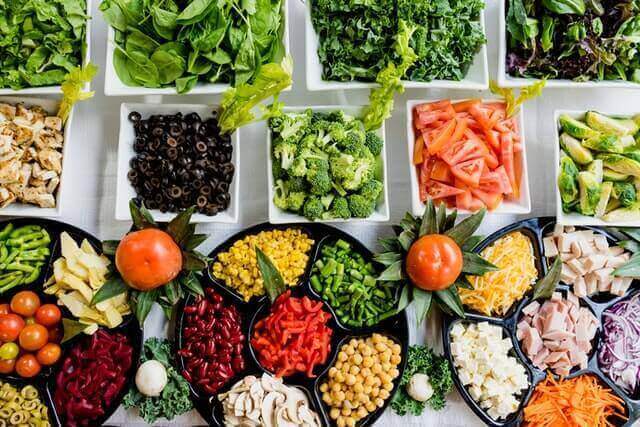
Low carb muscle building: Doesn't that cause a loss of muscle mass?
In fact, weight loss usually occurs at the beginning of the diet change. However, that doesn't mean that a lot of muscle is lost. First, the body flushes out excess water from glycogen stores.
Because the metabolism gets used to getting energy from carbohydrates instead of fat, muscle building is often slower in this phase .
If the goal is not to lose weight, but rather to define individual parts of the body, you should make sure that you achieve the necessary calorie surplus.
This is important for building muscles . If you know your total turnover, add between 200 and 500 additional calories every day.
In this sense, the foods from which these calories come - provided you eat a health-conscious diet - are of secondary importance. Just make sure you focus on proteins and healthy fats .
Just because you don't eat bread or potatoes, the " low carb muscle building " project is definitely feasible, even with a protein-based diet .
In focus: fat
Fat as a source of energy has long been sidelined in nutritional plans for building muscle . This is due to myths that are circulating about fat and that have stubbornly persisted in many minds.
Fat has a relatively high calorie density at nine kilocalories per gram. In comparison, one gram of carbohydrates only has four calories. But fat keeps you full longer and a quarter of the calories it contains are burned during metabolism .
If you combine fat with a low-carbohydrate diet, it can even help boost fat burning . As you have already read in the previous paragraph, the sugar molecules are missing and the organism has to fall back on other reserves.
However, it depends on which fat you use. For example, finished products or sausages contain a lot of saturated fatty acids.
These can slow your metabolism and have a detrimental effect on your cholesterol levels. Cardiovascular disease and diabetes can also be linked to saturated fat .
However, you can consume unsaturated fatty acids in moderation. Monounsaturated fatty acids are contained in olive or rapeseed oil, for example.
Some plant foods such as olives, nuts and avocados are also rich in it. These fats can potentially help lower LDL cholesterol, which is thought to be harmful, and at the same time increase valuable HDL cholesterol in the body.
The polyunsaturated fatty acids that foods such as salmon, mackerel, tuna or herring provide can also be important for your body.
Linseed oil and safflower oil are also rich in polyunsaturated fatty acids.
The polyunsaturated fatty acids are also known as omega-3 and omega-6 fatty acids , which, according to nutritionists, have an anti-inflammatory effect and could provide the body with valuable building blocks for a smooth metabolism.
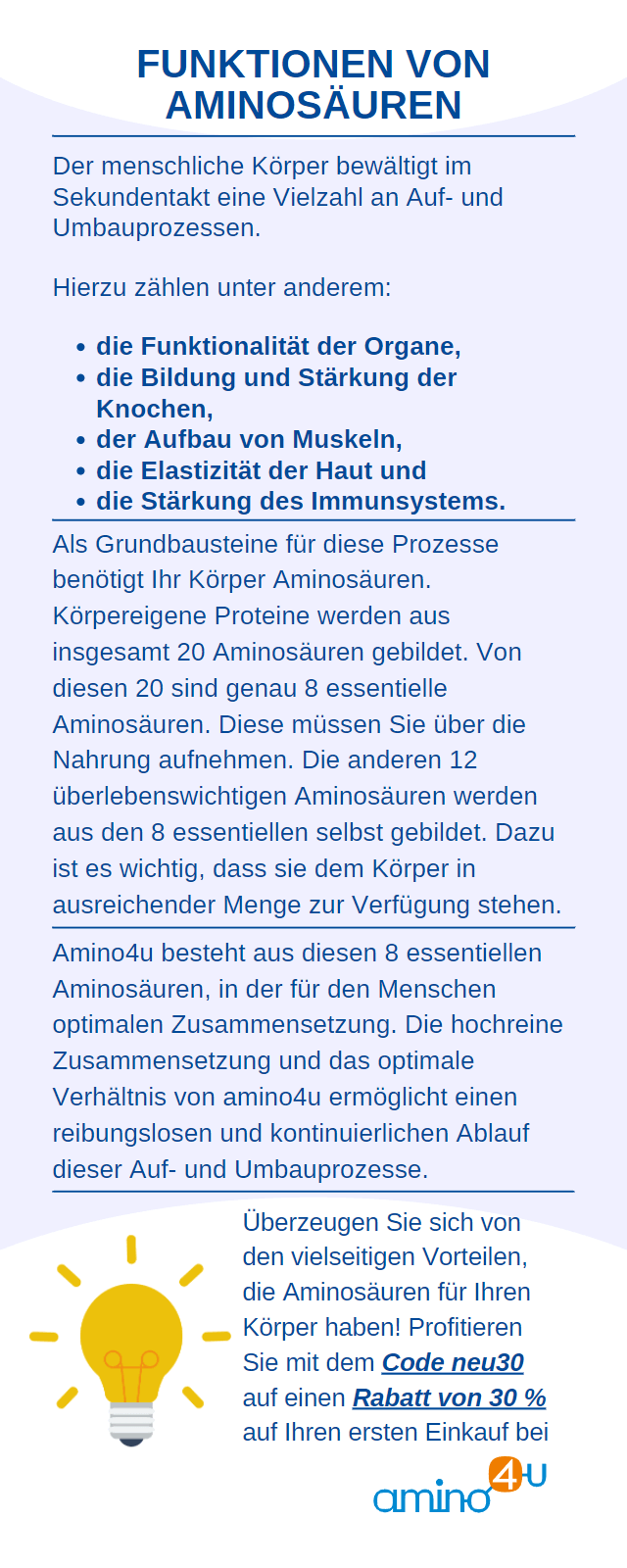
Proteins for defined muscles
Proteins are the linchpin of the low-carbohydrate diet. This is exactly what you need to build your muscles . The recommended guideline is 1.7 to 2.0 grams per kilogram of body weight. However, protein has different qualities.
The rule of thumb is: If a protein from food is very similar to a protein from the human body, it is considered high quality. This means less of it is required to meet demand.
Therefore, animal proteins are the key building block in the carbohydrate-reduced diet. A piece of meat is basically nothing more than protein (converted into muscle) and therefore resembles human protein molecules more than plant protein from legumes or soy.
If you want to promote muscle building , it may be advisable to primarily use animal protein sources.
These are:
- Chicken meat
- beef
- sea fish
- Eggs
- lowfat quark
You can also choose green vegetables, berries and mushrooms to ensure your supply of vitamins and minerals. Ideally, food is natural - canned and frozen foods are best only used in exceptional cases.
Be careful of some vegetables! Corn, carrots, beans and peas have a very high carbohydrate content. It is therefore better to choose a crisp salad with a dressing made from a high-quality oil or green vegetables such as broccoli as a side dish with your steak.
The role of amino acids
Proteins consist of amino acids as their central building blocks. It is a compound of hydrogen and nitrogen. Twenty different amino acids are present in the human genome.
They are called proteinogenic amino acids . This means that they build proteins in the body and are therefore directly involved in promoting muscle growth .
The body cannot produce essential amino acids itself. Therefore, dietary intake is necessary to promote healthy muscles .
If these amino acids are missing , the body can find it much more difficult to repair the cells. This can lead, among other things, to reduced performance and muscle loss.
If you eat a protein-focused diet, you will automatically absorb various amino acids through your food throughout the day. But exactly which of the eight essential amino acids are contained in each food usually remains a mystery.
It should also be noted that the body should have all eight amino acid proteins available at the same time so that cell metabolism and the promotion of muscle growth can function smoothly.
The solution here could be to use a dietary supplement like amino4U , which provides the body with these eight essential amino acids directly - within 23 minutes.
If you regularly take amino4u in powder form or as tablets , your body can receive all the valuable building materials for the growth of muscle substance .
In any case, dietary supplements are an option with which you can support a low-carbohydrate diet. Instead of chocolate bars, you can grab a protein bar or drink a protein shake every now and then.
For example, many who want to lose weight and build muscle replace a meal with a shake.
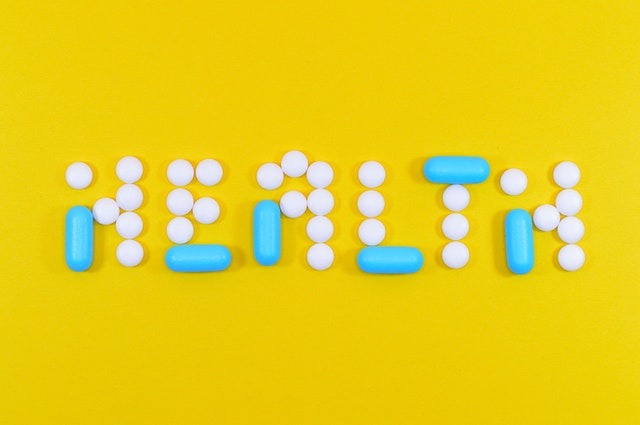
Low-carbohydrate diet - these are possible disadvantages
If the proportion of carbs in the diet is low, reduced performance could be the result. Regeneration after training could also be a little slower.
Basically, it has a positive effect on building muscles if you produce more insulin after consuming carbohydrates .
In this way, the body initially slows down muscle-degrading processes. On the other hand, insulin can cause fatty tissue to build up.
Since it is often recommended to replenish glycogen stores with carbohydrates after training, a low-carbohydrate diet can sometimes be difficult.
However, it is possible to build muscle sustainably even with just a few carbohydrates . Provided you pay attention to a correspondingly high proportion of proteins in your diet.
You may notice how your body fat percentage decreases relatively quickly on the low-carb diet. After this adjustment phase, it can be assumed that your muscles will build up in a similar way to other nutritional concepts for athletes .
The change may also bring stress. Especially in the initial phase, it is a challenge to work with nutritional tables and think about what is now allowed and what is not.
But be careful: During stressful phases, the production of the hormone cortisol can be promoted. This ensures that the metabolism is maintained by breaking down the proteins in the body and forming glucose from the amino acids .
It is precisely this effect that should be avoided if the goal is to build muscle .
Cheat day
Avoiding carbohydrates has led to the introduction of the so-called " cheat day " in English-speaking countries, which we often refer to in German as a loading day.
The background to this is the assumption that performance during strength training remains more consistent if the glycogen store is filled with many carbohydrates at once.
Followers of Cheat Day also want to avoid stagnating metabolism with this gluttony, which takes place every week or two.
In addition, cheat day may also serve a psychological function. Since some people find a low-carbohydrate diet stressful, it may be possible to compensate by feasting regularly without restrictions.
On the other hand, pizza, pasta and sweets could potentially ruin the successes of the last few days.
Therefore, consider carefully whether you really need this cheat day and whether the fast carbohydrates you consume on this day are really optimal so that your glycogen stores can be replenished.
If so, consider whether it might be better to opt for healthier options such as whole-grain pasta or grain bread .
A study from the University of British Columbia has found that replenishing glycogen stores with carbohydrates is apparently a misconception.
According to the scientists, a protein-rich diet would achieve similar effects. The desire for carbohydrates therefore seems to be more in the head.
Do you therefore have to accept the disadvantage of permanently avoiding carbohydrates? Not necessarily. If you occasionally use long-chain carbohydrates , one or two exceptions are unlikely to destroy your success in building muscles .
You can also incorporate one or two treats into your daily nutrient requirements so that you don't exceed your calorie limits.
Low carb diet - also for vegetarians and vegans?
At first glance, giving up carbohydrates does not seem to be feasible for vegetarians and vegans. Those who eat healthily like to eat whole grain products, but potatoes also complement their meals - the exact opposite of low carb .
While vegetarians can rely on dairy products and eggs on a low-carbohydrate diet, vegans have significantly less choice.
However, numerous top athletes such as boxer Mike Tyson or tennis stars Serena and Venus Williams show that it is possible to go vegan without carbohydrates.
With this type of diet, around two thirds of the nutrients that the body needs every day come from healthy fats. They are found, for example, in vegetable oils, nuts or avocados.
You can cover your protein needs with soy products. Tofu and tempeh, for example, can be prepared in a variety of ways. Lentils are also a good choice for getting plant-based proteins .
Vegetable protein shakes based on rice, soy, hemp or pumpkin seeds are also suitable for more endurance during training and to fill you up. This is how vegan muscle building can work.

Tricks for building muscle with a low-carbohydrate diet
When you reduce carbohydrates , the same nutritional rules apply to you as to any other diet suitable for intensive training:
- Take in enough high-quality proteins and ensure a balanced amino acid profile.
- Achieve a positive calorie balance by using healthy fats.
- Follow a well-thought-out muscle training plan.
- Be sure to adhere to regeneration phases.
If you notice that you are not achieving your training goals, adjusting your eating habits might help. After all, every body works differently. Building muscle quickly is not always possible.
First, write down exactly what you eat throughout the day. Snacks are less desirable with this nutritional concept, as even a coffee with milk can raise blood sugar levels and possibly cause a craving.
In the next step, calculate your calorie balance and check whether the ratio of proteins, fats and carbohydrates is correct. This will help you see whether you are exceeding your calorie goal or perhaps even falling below it. It is also important to drink enough water .
If everything is correct here and you still don't see any results, so-called carb cycling could be worth a try. The intake of the amount of carbohydrates is flexible.
On the days described as moderate, you consume exactly as many grams of carbohydrates as proteins per kilogram of body weight. On low days, reduce the carbohydrate content to 75%, on high days the amount should be 125%.
Combine these high days with an intense workout. On the middle days you only train light units and on the low days you do your recovery phase . This would allow you to build muscle and lose fat at the same time.
Backloading is more of an insider tip. If you train intensively every day, this concept could be an option for you. During the day , avoid carbohydrates as much as possible .
Only in the evening after training do you consume a proper dose of carbohydrates. Here too, focus on healthy foods and carbohydrates that are as complex as possible and have a low glycemic index.
With these tips , low carb muscle building can work.

